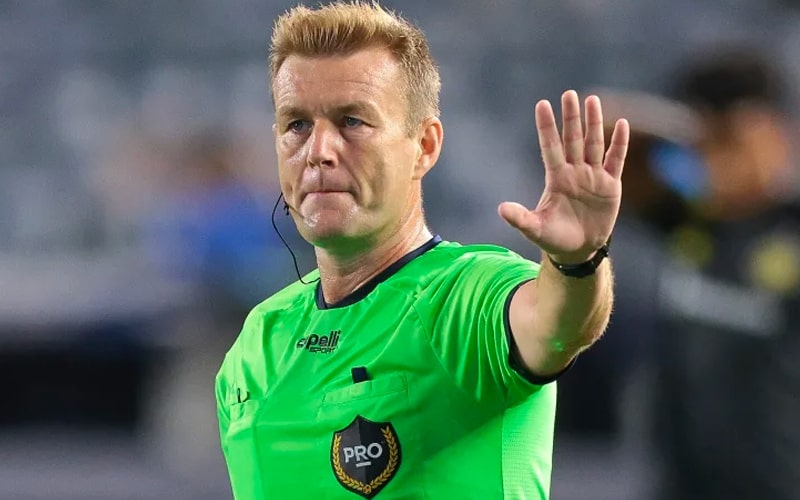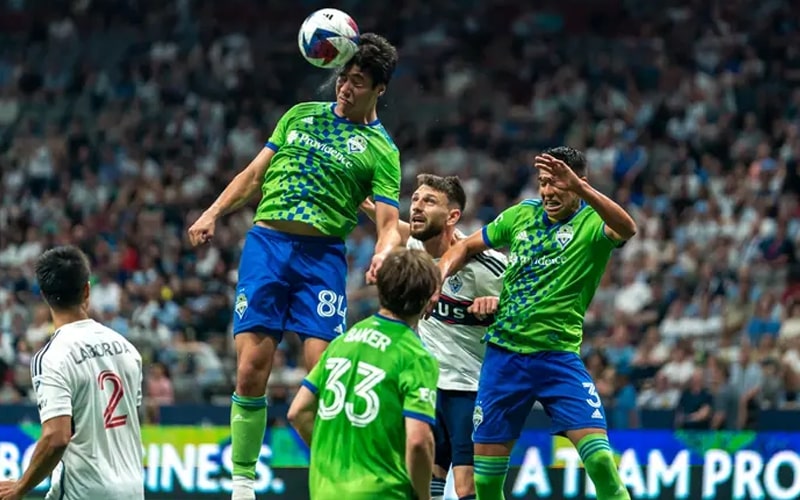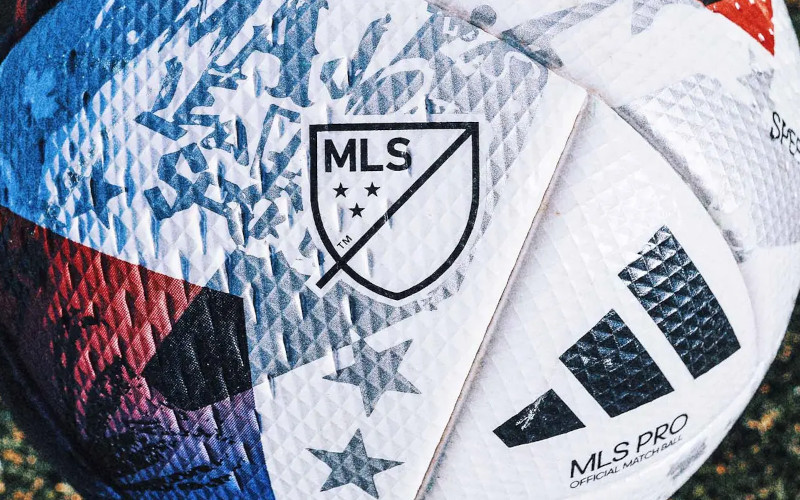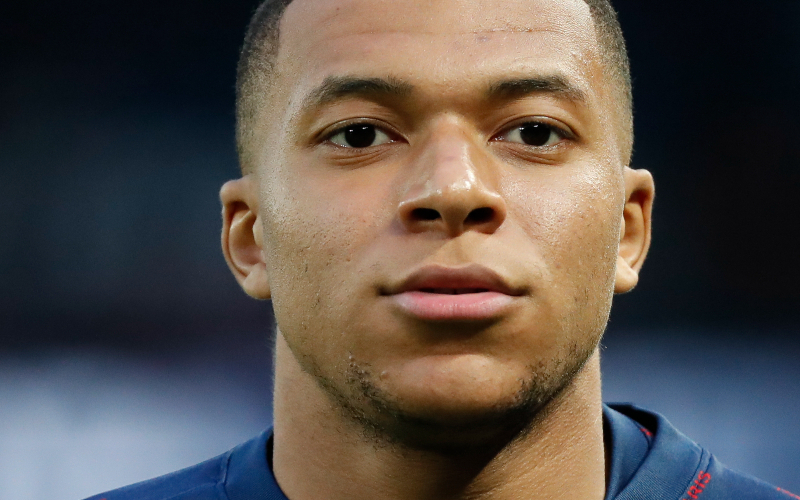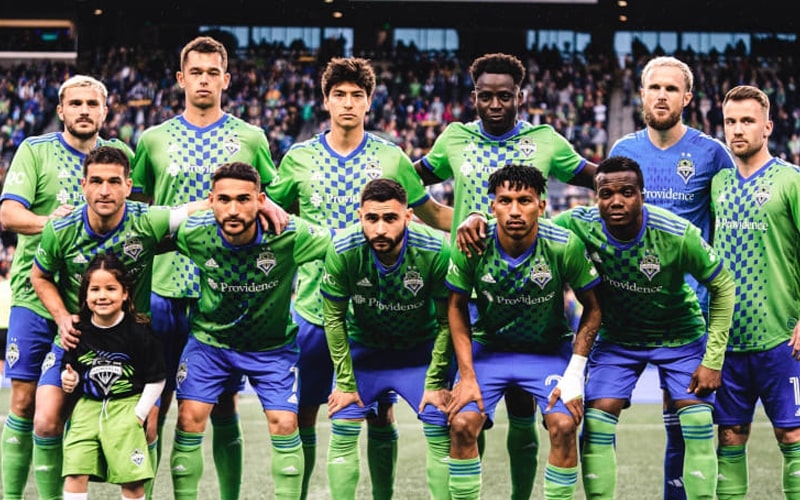The referee – that solitary figure in black who runs up and down the pitch for 90 minutes making split-second decisions that can change the outcome of a match. They are often the scapegoat when things go wrong for a team, but the reality is that without referees, there could be no professional soccer.
In Major League Soccer (MLS), referees play a crucial role in applying the Laws of the Game and facilitating fair competition. But who are these officials tasked with maintaining order in MLS? How are they trained and managed? This article will provide an overview of MLS referees and the Professional Referee Organization (PRO) that oversees them.
PRO: The Professional Referee Organization
MLS referees are managed by the US-based Professional Referee Organization (PRO), which was formed in 2012 as a joint venture between MLS and the United States Soccer Federation (USSF).
The aim of PRO is to oversee the development, training, assessment and assignment of officials at the professional level in the USA and Canada. This includes managing referees not just for MLS, but also for the National Women’s Soccer League (NWSL), the USL Championship, and other competitions.
PRO represents a centralized and consistent approach to managing officials across multiple leagues. Before its creation, MLS referees were trained by the USSF, while refs for other leagues like the NASL followed different programs. By consolidating training under one roof, PRO enabled the raising of standards across the board.
Some of the key responsibilities of PRO include:
- Recruiting and training officials for professional leagues
- Conducting annual summits to review Laws of the Game
- Holding regular training camps and fitness tests for referees
- Reviewing match footage and providing feedback on performances
- Liaising with FIFA and IFAB on law changes and interpretations
- Assessing referees and appointing match officials based on ability
PRO aims to develop a uniform standard of refereeing excellence across the elite levels of the game in North America. It represents a serious investment in raising the quality of officiating.
PRO Referees: The Numbers
PRO manages around 100 referees contracted to MLS who serve as officials for the league’s matches. There is a clear hierarchy within the PRO program:
- 8 referees have FIFA badges and are eligible for international appointments
- 22 referees are categorized as PRO Tier 1 – the elite officials who take charge of most MLS matches
- 24 referees make up PRO Tier 2 – up and coming officials getting regular MLS experience
- 46 referees are in PRO Tier 3 – these are assistants and those working towards MLS
In addition to the referee, each MLS match has two assistant referees who run the lines. There is also a Fourth Official who oversees substitutions/added time and a VAR (Video Assistant Referee) team that reviews match footage from off-field. This amounts to 5-6 on-field officials per game.
PRO aims to build depth by developing Tier 2 and 3 referees, while giving the best performers opportunities at the top level. There is a clear pathway within the program for talented officials to make their way up through the ranks based on ability and experience.
Just like players, referees are rigorously assessed on their performances by PRO’s match analysts and coaches. Their positioning, decision-making, management of players and overall control of games are all evaluated. Referees need consistently high ratings to get regular appointments.
Qualities of a PRO Referee
So what makes a top PRO referee? What are the qualities required to control an MLS match in front of tens of thousands of fans and TV cameras?
First and foremost, referees need an excellent understanding of the Laws of the Game and how they are applied. They must also be very fit – PRO referees are full-time officials who train 5 days a week. MLS matches involve running over 10km per game.
Concentration is a huge asset – referees have to tune out crowd noise and focus amidst chaos. Similarly, communication skills are vital whether it’s explaining decisions to players or coordinating with assistants.
The best referees exude confidence in their decisions, while not being overly authoritative. They aim to influence games through their positioning and selective intervention. A PRO referee also needs mental resilience – criticism and abuse come with the job.
While tech like VAR is transforming officiating, the best referees still rely on their experience and instincts when making split-second calls. Their ability to “read the game” and predict the direction of play is a crucial skill honed over many years.
Top PRO Referees
Who are some of the leading PRO referees currently taking charge of MLS matches? Here are a few of the most prominent figures:
- Ismail Elfath – one of MLS’ most experienced referees, Elfath became a FIFA official in 2016. The American has built a reputation for letting games flow and avoiding unnecessary cautions.
- Allen Chapman – an imposing figure on the field, Chapman joined MLS in 2012 and has officiated at international level. Commanding and consistent, he is highly rated by PRO assessment staff.
- Armando Villarreal – among the emerging talents coming through PRO’s ranks, Villarreal made his MLS debut aged just 22 but has impressed with his maturity and reading of the game.
- Nima Saghafi – a pioneer as the first American of Iranian heritage to referee in MLS. Saghafi is admired for his cool head and for not being afraid to make unpopular but correct decisions.
- Robert Sibiga – made his MLS debut in 2017 and earned a place among the Professional Referee Organization’s top officials in just two seasons. Sibiga keeps players in check while letting games flow.
- Jair Marrufo – one of the most experienced officials in MLS having first refereed in the league in 2002. The American has controlled MLS Cup finals and taken charge of international tournaments.
- Ted Unkel – a no-nonsense referee praised for his firm but fair approach. The former police officer joined MLS in 2011 and has gained plaudits for his reading of physical contests.
This is just a sample of the accomplished referees officiating week in and week out in MLS matches under the PRO banner.
PRO’s Vision for the Future
PRO continues to drive forward the professionalization of refereeing in North America alongside MLS. Its goals for the future include:
- Continuing to develop VAR technology and seamless communication between officials
- Recruiting more female referees into the PRO program – only one is currently included
- Expanding the outreach program by hosting referee courses targeted at former players
- Building deeper ties with Concacaf and FIFA to get more PRO officials international experience
- Utilizing advanced analytics and biometrics to enhance referee performance and fitness
- Increasing the cultural diversity of referees to better represent communities in MLS cities
With these aims in mind, PRO is helping lead efforts to ensure MLS has world-class officiating on par with the quality of play on the field.
The Bottom Line
Refereeing in MLS continues to evolve thanks to the foundation provided by the Professional Referee Organization. While PRO has not eliminated controversy – debates around decisions will always exist – the program has brought greater consistency, professionalism and oversight to officiating.
Fans may still yell at their TV screens when a referee misses an obvious foul or gets a call wrong. But the reality is these officials are incredibly fit, highly trained and subjected to rigorous assessment.
Respect for referees is important – without them there could be no MLS in the first place. Those who step onto the pitch each week to keep order deserve recognition for the vital role they play.
